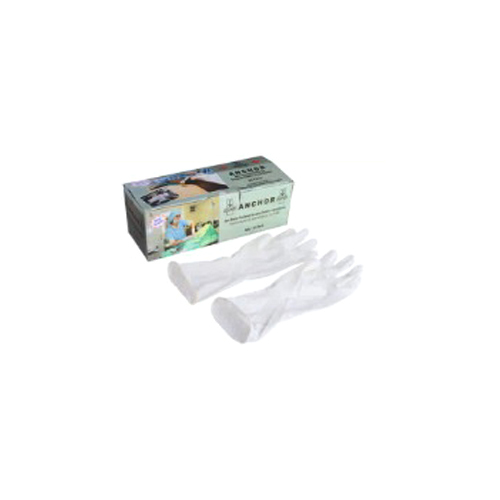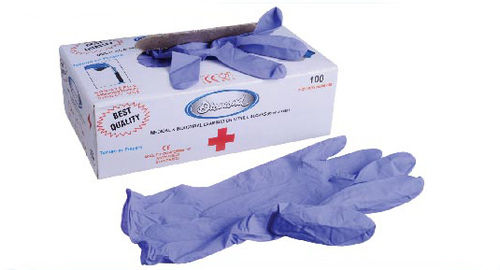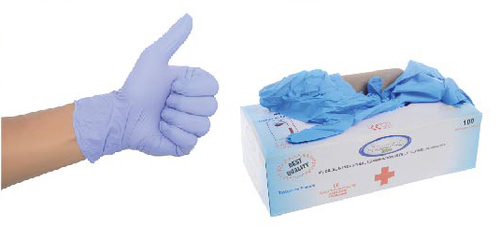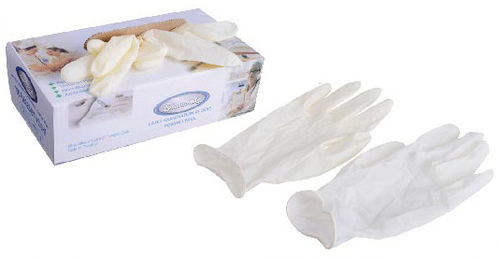
Surgical Hand Gloves
11 INR/Pair
Product Details:
- Gender Unisex
- Size Free Size
- Design Plain
- Product Type Gloves
- Glove Type Surgical Gloves
- Usage Disposable
- Style Full Finger
- Click to View more
X
Surgical Hand Gloves Price And Quantity
- 100 Pair
- 11 INR/Pair
Surgical Hand Gloves Product Specifications
- Plain
- Full Finger
- Unisex
- Free Size
- Disposable
- White
- Surgical Gloves
- Gloves
- Plain
Surgical Hand Gloves Trade Information
- 100 Pair Per Day
- 2 Days
Product Description
These Surgical Hand Gloves are designed as full finger, plain-patterned surgical gloves intended for disposable use. Crafted in a plain white color, these gloves are suitable for both men and women, with a free size that offers universal fit. Ideal for various medical procedures, these gloves provide optimal protection and dexterity for healthcare professionals.
FAQs of Surgical Hand Gloves:
Q: Are these Surgical Hand Gloves disposable?
A: Yes, these gloves are designed for disposable one-time use.Q: What is the color of these gloves?
A: These gloves come in a plain white color.Q: Are these gloves suitable for both men and women?
A: Yes, these gloves are unisex and can be worn by both genders.Q: What is the design of these Surgical Hand Gloves?
A: These gloves have a plain design without any additional patterns or textures.Q: What is the size of these gloves?
A: These gloves come in a free size that offers a universal fit.Tell us about your requirement

Price:
Quantity
Select Unit
- 50
- 100
- 200
- 250
- 500
- 1000+
Additional detail
+91
Email
Other Products in 'Examination Hand Gloves' category
We export to Dubai, Russia, African countries, South Africa, Egypt.
 |
VICTOR IMPORTS
All Rights Reserved.(Terms of Use) Developed and Managed by Infocom Network Private Limited. |

 English
English Spanish
Spanish French
French German
German Italian
Italian Chinese (Simplified)
Chinese (Simplified) Japanese
Japanese Korean
Korean Arabic
Arabic Portuguese
Portuguese















